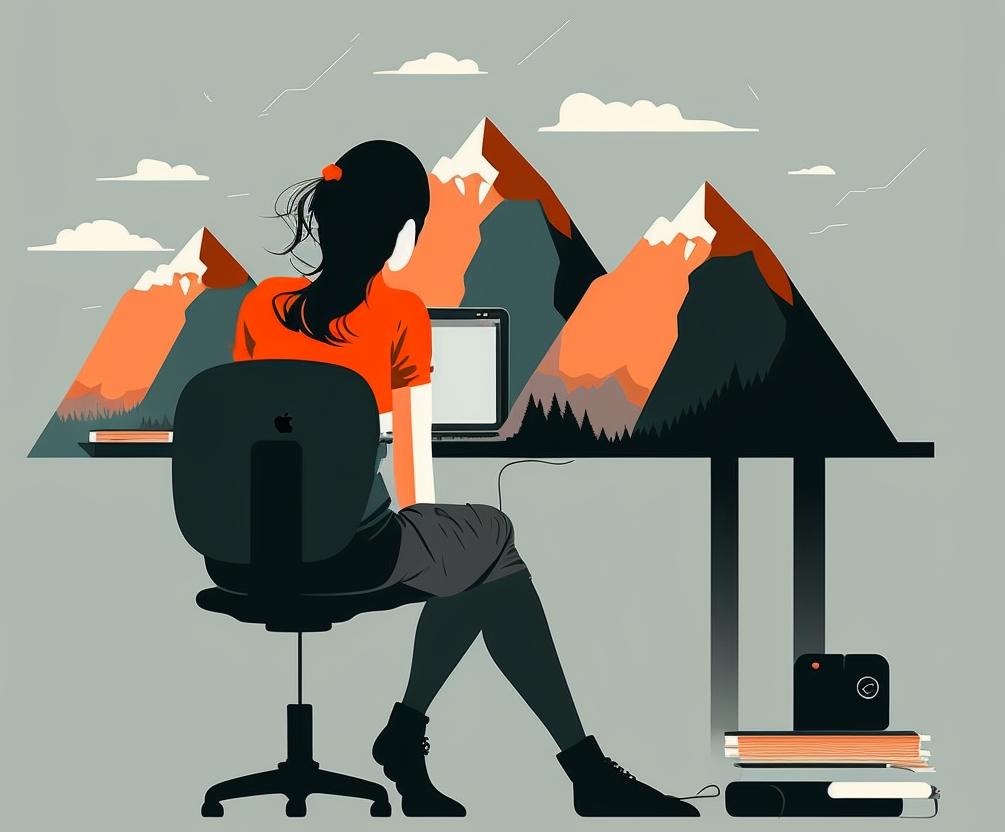In 2018, Liv Bolton was on the verge of burnout. She lived in London and worked as a journalist in a busy newsroom.
“I never made time for the outdoors. Work was a complete priority for me. Nothing else really mattered. And that really wasn't very good for my mental health or any work-life balance whatsoever,” she says. “When I got to about 29, I was feeling incredibly anxious; tearful all the time and insanely stressed.”
Liv realised that something had to change. She spoke to a friend, who suggested that they take time off to hike the Te Ararao Trail in New Zealand. It’s a 3,000 kilometre route; they decided to restrict themselves to the South Island. Even so, it would take longer than their annual leave allowed.
I never made time for the outdoors. Work was a complete priority for me. Nothing else really mattered. And that really wasn't very good for my mental health
“We asked for sabbaticals from work. We didn’t think we’d ever get them, but it just goes to show that if you don't ask, you don't get,” she says. “We went to New Zealand for almost three months and walked 1,300 kilometres over 68 days. We stayed in back country huts and walked through places where there were no signs of human life.
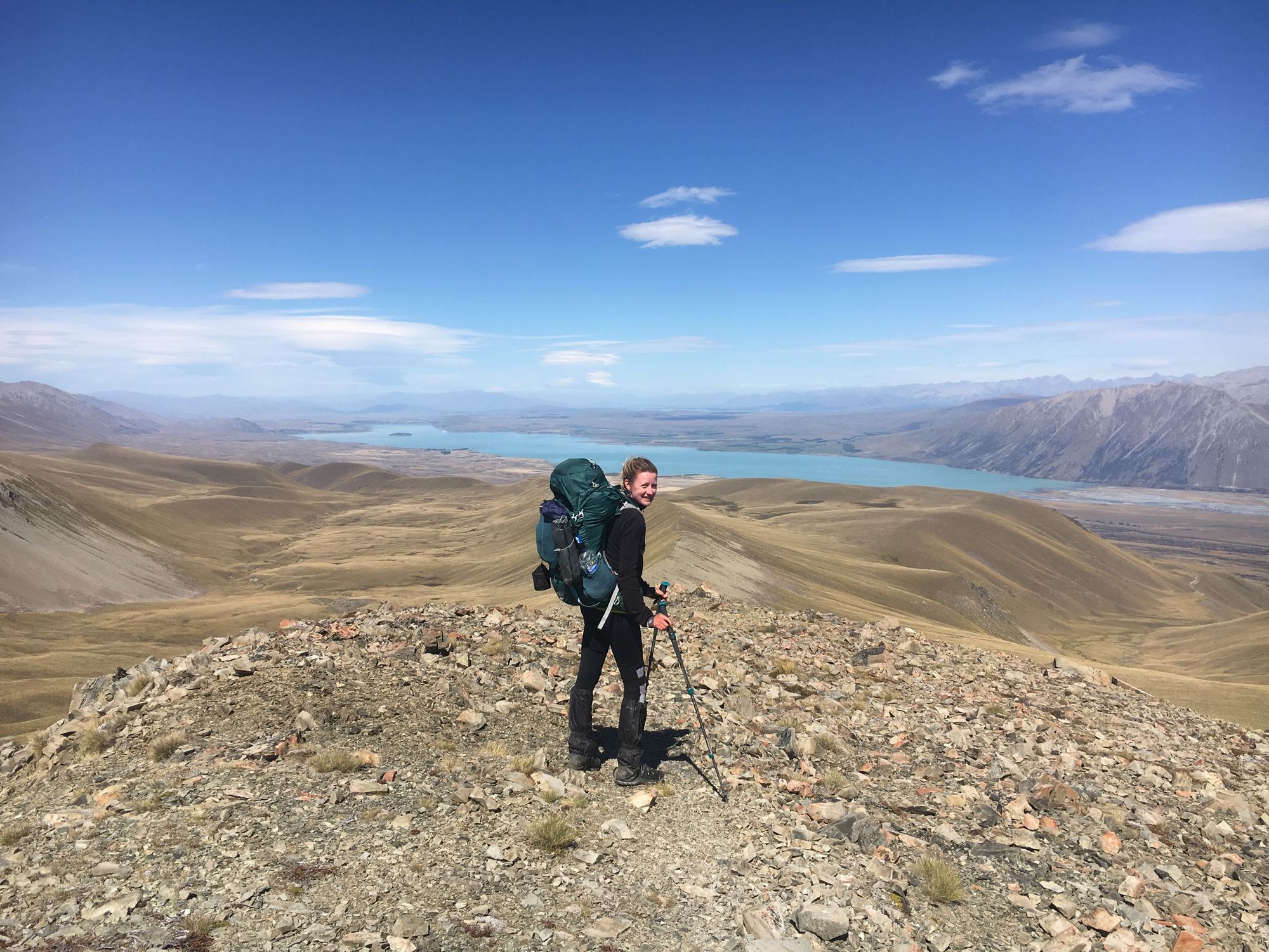
“The hike made me realise how powerful the outdoors can be, especially in helping with stress and anxiety. I decided that when I came back to the UK, I needed to make being outdoors much more of a focus in my everyday life.”
We aren’t going to tell you to quit your job and take a long sabbatical, because that’s just not possible for everyone. What interests us is what came after - how Liv managed to live more adventurously with a 9-5 job. We spoke to Liv and three other adventurers with day jobs - Ash Routen, Tim Moss and Jo Moseley - about how they manage to fit it all in.
The Second Shift
Taking a sabbatical from work is dependent upon the flexibility of your employer, and any other commitments you have.
“I was in my 20s. I had no mortgage. I had no kids. I was in the stage of life where it was an option for me to take a sabbatical. I totally appreciate that's not an option for everybody,” Liv says.
As you ascend the career ladder, work often makes greater demands on your time and headspace. But it’s not always the 9-5 that prevents people from adventuring - it’s the unpaid labour that comes alongside it, like cleaning the house or childcare responsibilities.
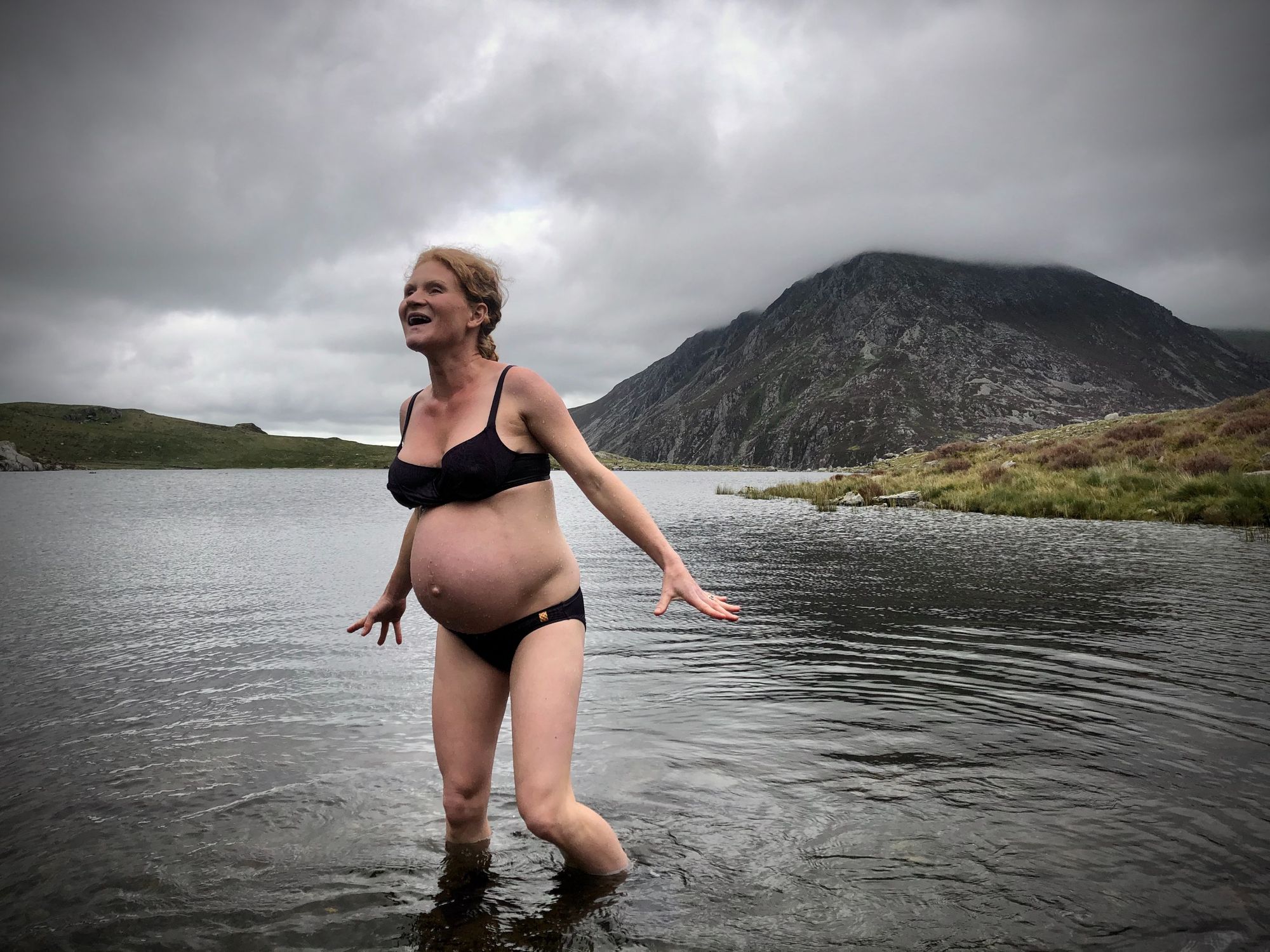
Sociologist Arlie Rothschild coined the term “second shift” to describe it, and historically this burden has fallen more on women than on men. Although men are doing more domestic labour than ever before, a report from the UN shows that women still undertake 2.6 times more of it than men. This is something that Jo Moseley has experienced.
“A few years ago, I was about to go out paddleboarding. My dad asked who was going to make lunch. I told him, ‘Johnny’s 18, Dad, he can make his own lunch.’ I don't know many men that would have to go through that scenario,” she says.
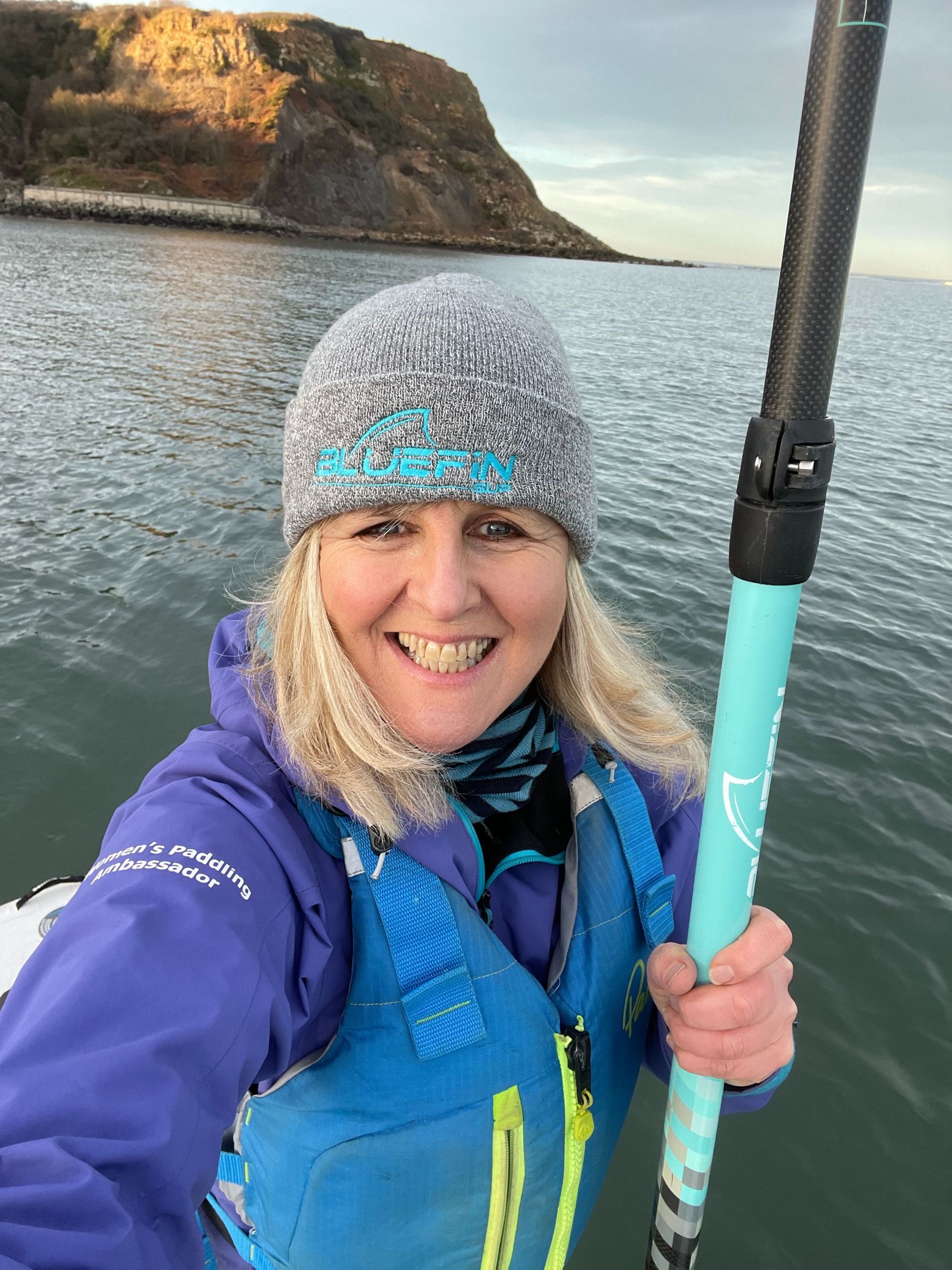
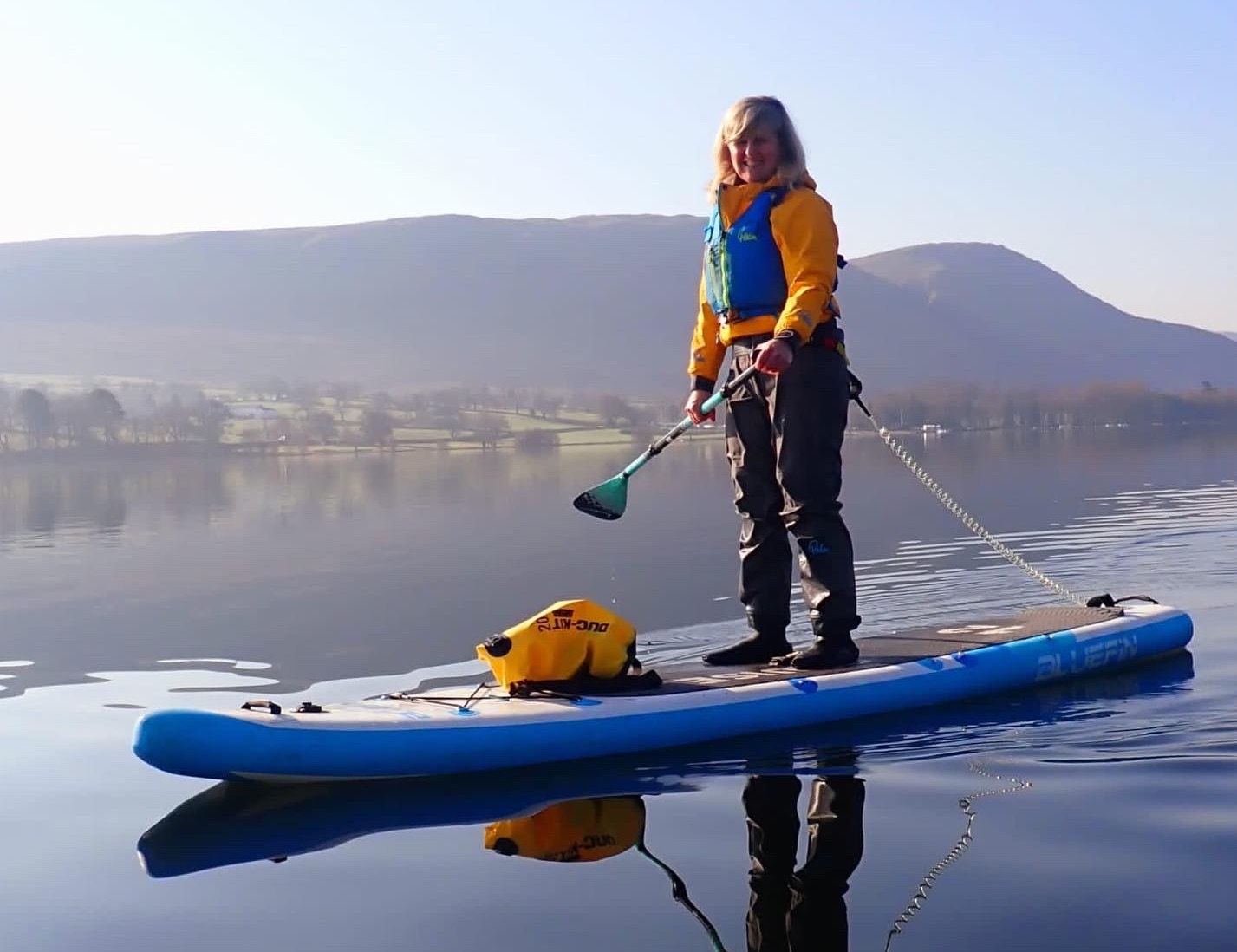
Jo Moseley, the first woman to paddleboard from coast to coast. Photos: Jo Moseley.
Jo refers to herself as a midlife adventurer. She spent her 30s working with her husband and looking after her two sons; in her 40s she juggled a busy job in construction with being a single mother. In 2013, whilst caring for her parents through chemotherapy, and experiencing the early stages of the perimenopause, she had reached breaking point. The gift of an indoor rowing machine from a friend let exercise, and then adventure, back into her life.
In 2019, at the age of 54, she was the first woman to paddleboard the Coast to Coast canoe trail from Liverpool to Goole. An award-winning featurette film, Brave Enough, has been made about the journey, and she's also written a book about her favourite paddleboarding locations.
Life is always so busy. So it's a case of putting yourself first. That can be really hard, but it’s so good for you
“Life is always so busy. So it's a case of putting yourself first. That can be really hard, but it’s so good for you,” she says. “I only did the Coast to Coast when my youngest was doing his A-levels. The Canal and River Trust officially opened the trail two to three weeks after I had finished it. They asked me if I could wait, but I told them I needed to do it before his exam results came in, because I needed to focus on him after that."
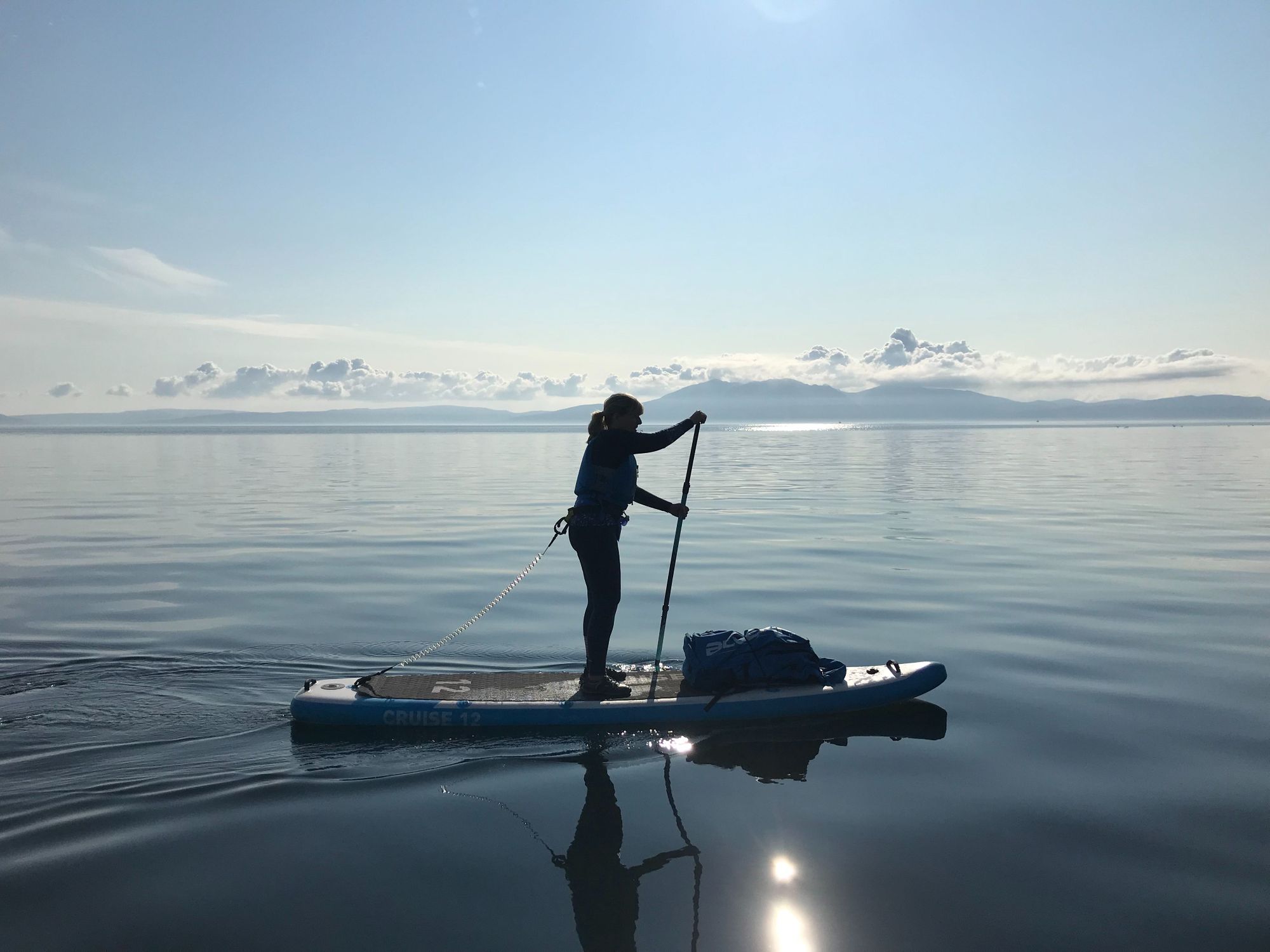
Jo is the first to admit that juggling her day job and her second shift can be difficult. But for her, the benefits far outweigh the challenges.
“Juggling adventure with work and other commitments means that sometimes you screech into work. You have to leave and then screech out. You're trying to pack a little bit more in, so maybe the house isn’t as immaculate as it could be,” she says.
I do feel so much better if I’ve been out for a walk or on my paddle board. It's the headspace I need to clear my mind
“But I do feel so much better if I’ve been out for a walk or on my paddleboard. It's the headspace I need to clear my mind. It feels selfish but in the long term it benefits children to have a mum who isn’t bursting into tears or shouting.”
The Microadventure
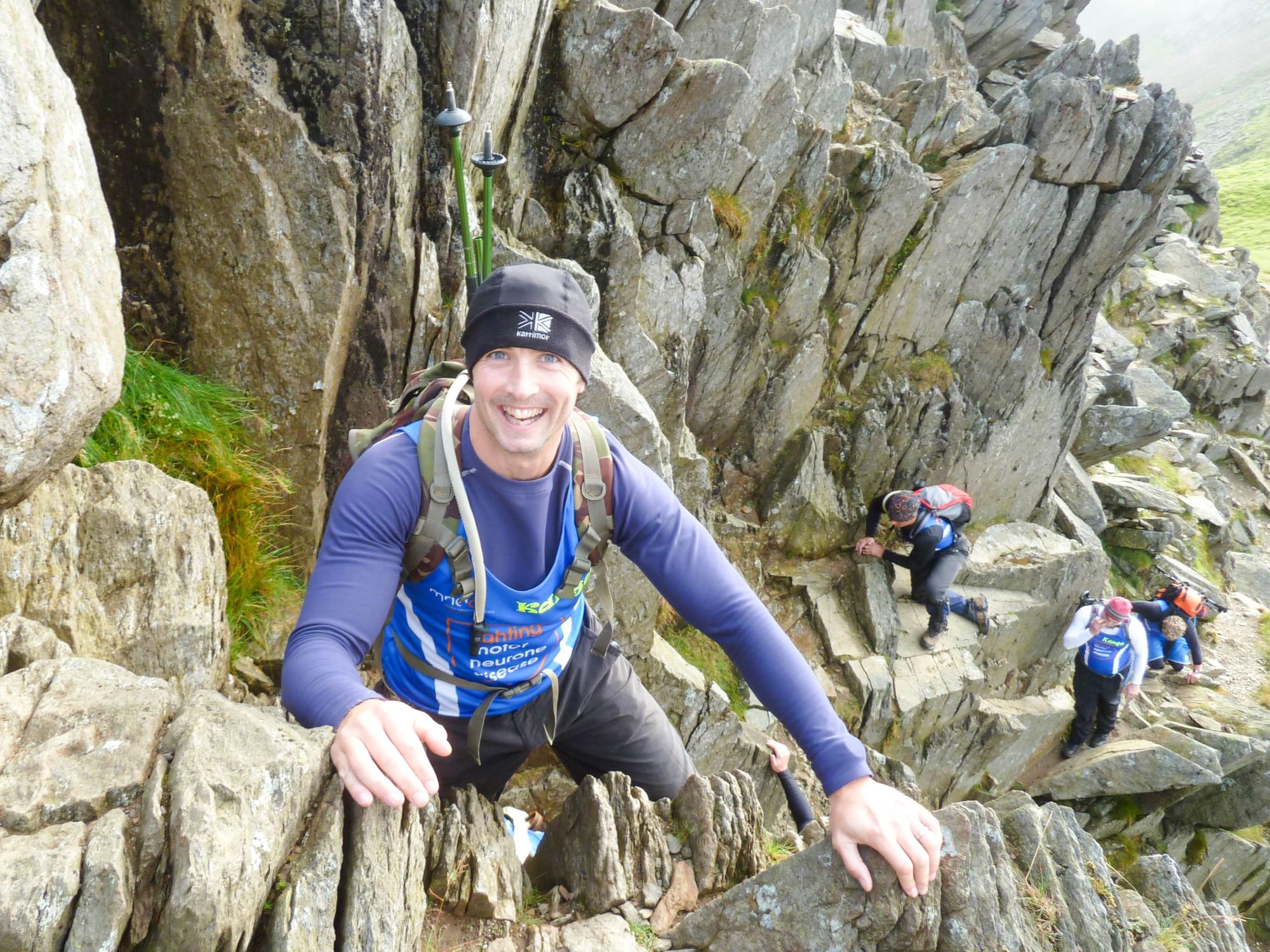
Having established how little spare time the vast majority of us have, how can you find time for adventuring? Both Jo and Liv are advocates of the microadventure - short, achievable bursts of adventure you can fit into your evenings and weekends.
“I started going for 15 minute morning walks. It sounds like nothing, but it is a huge thing that I would advocate for anyone who wants to feel just a little bit more adventurous,” Liv says. “On my 15 minute walk I really focus on the nature around me, and try to turn off the to-do list in my head. It’s a wonderful way of taking your mind off things and feeling like there is a little bit more to life than work.”
Jo also recommends starting small. She suggests trying a few different things to see what strikes your fancy most.
“Go for a paddleboarding lesson one weekend. Join an online community for winter swimming or just go on a walk,” she says. “Just see how you feel. If it doesn’t do anything for you, try something else. Don't feel obliged to continue. I tried running. I joined all these communities and I did couch to 5K and I quite enjoyed it, but it just didn’t become my thing,” she says.
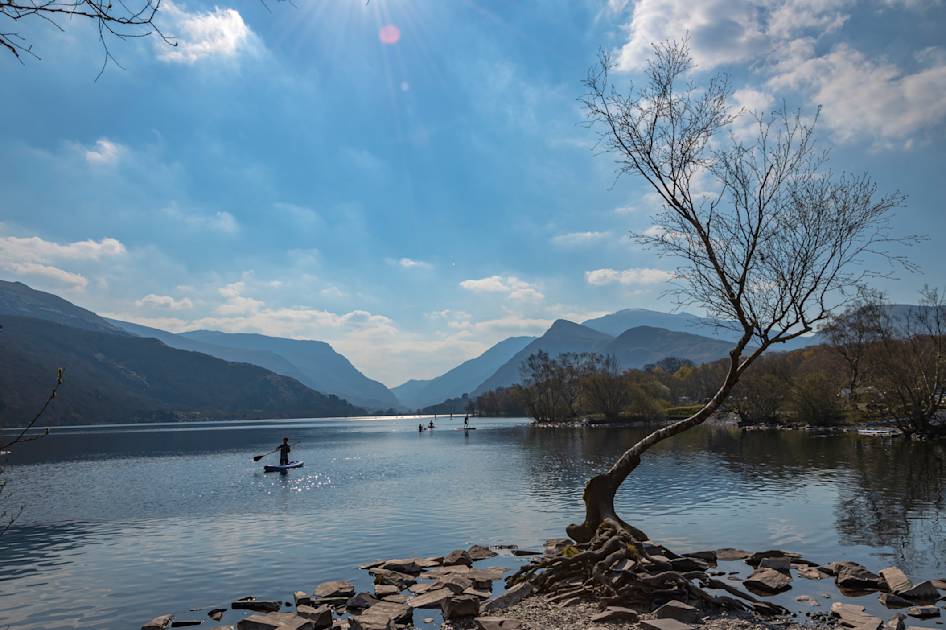
Paddleboarding, on the other hand, became a passion. And because Jo enjoyed it so much, it quickly became a priority.
“My dad lives on the coast, so when I’m there I will always check the weather and check the tides. If I see an opportunity for even just two hours, where the tide and the winds are right, I just go for it,” she says. “It's about keeping little promises to yourself - when there's an opportunity for adventure, listen to that little voice inside you that says ‘go for it’.”
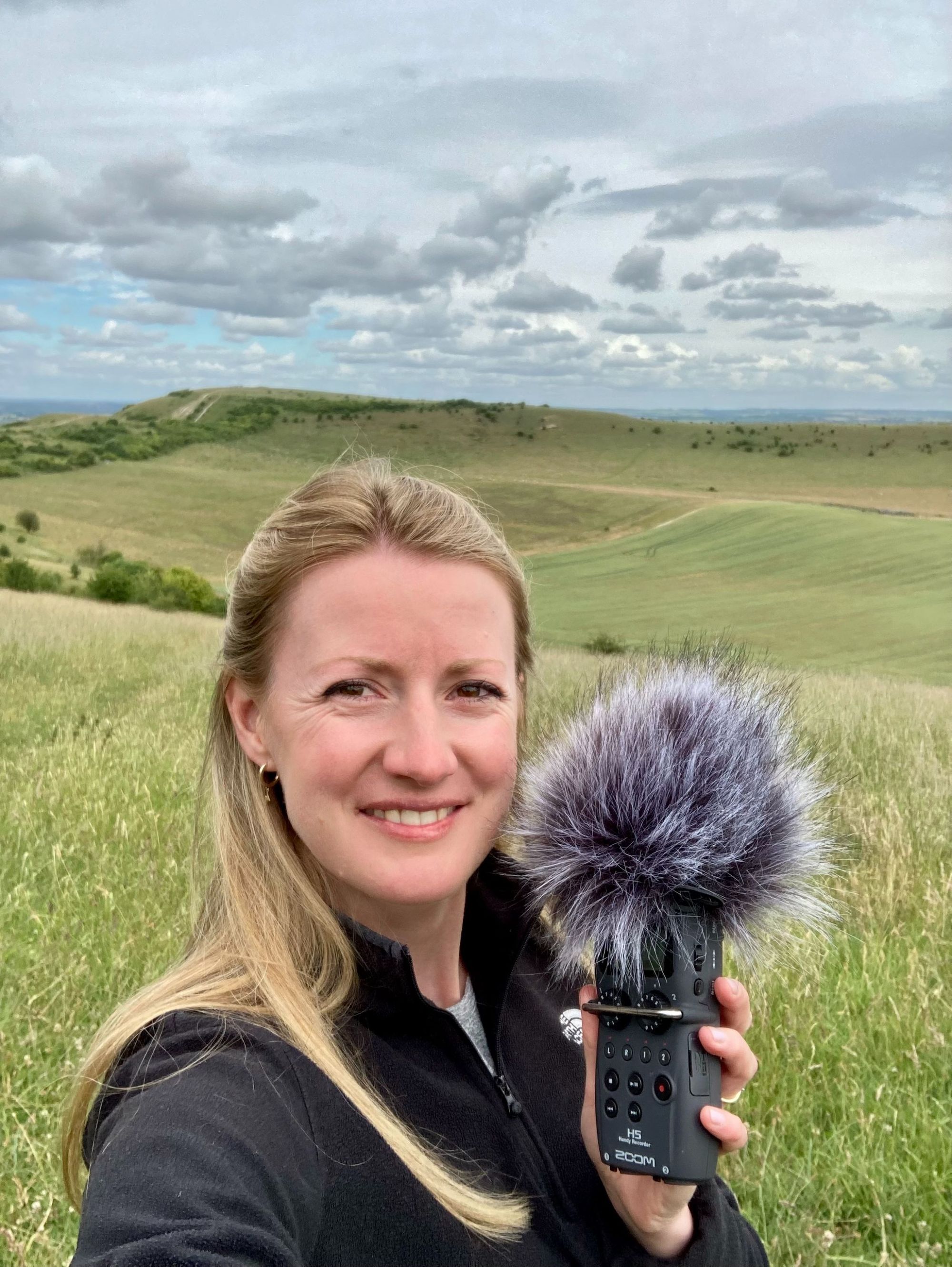
While both women value a spontaneous microadventure, they both also carve out time for adventure by scheduling it ahead of time. Liv books ‘adventure days’ into the diary before she even plans what she’s going to do. On the last one, she and her partner took a spontaneous day hike in the Peak District.
Liv has also started a podcast called The Outdoors Fix, which is about making the outdoors a bigger part of your life (she’s written a book on the same subject too). An interviewee she found particularly inspiring was Rory Southworth, who has a 9-5 job managing a co-working space.
I do think social media can make you feel inadequate. Not comparing is important. It's okay to have microadventures
“He's really inspirational because he works five days a week - he's all about five-to-nine adventuring. He sets himself challenges for those evenings, like swimming outdoors every night or splitting up a walking trail into sections. The challenges help motivate him each week,” she explains.
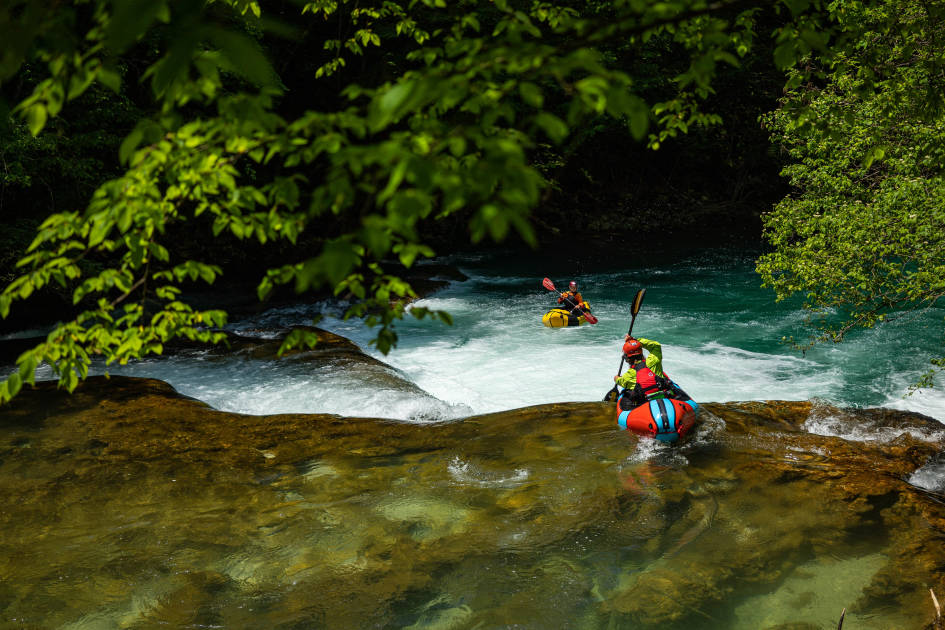
Jo has a different perspective - unlike many adventurers, she doesn’t like to measure or track her challenges.
“I'm not looking to become the fastest or the strongest. I measure adventure in different ways - for the joy it brings me,” she says. “I do think social media can make you feel inadequate. Not comparing is important. It's okay to have microadventures and you never know where they may lead. It might be something big in the future or it might not be.”
Using Your Annual Leave for the Big Expedition
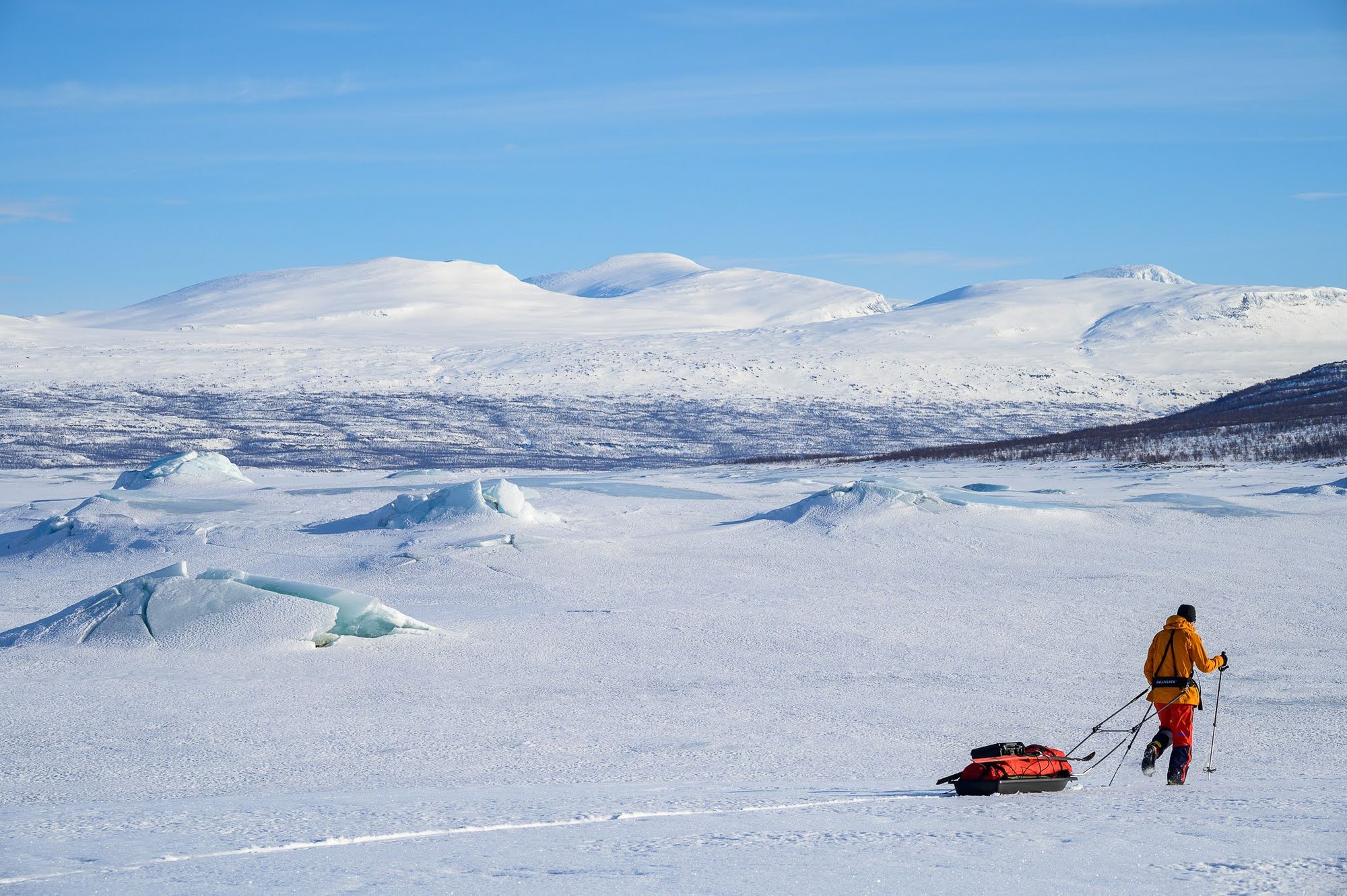
Microadventures are a good starting point, but eventually you might find yourself wanting more. Ash Routen, a public health academic and freelance adventure writer, was one of those people.
“The majority of my adult life was focused on getting a job and forging a career,” he says. “I got to 30 and I was given a book called Alone on the Ice. It tells the story of Sir Douglas Mawson, who was around when Scott and Shackleton were in the heroic age of exploration. I don't know whether it was the suffering, the landscape, or the way that was described, but it reawakened long-held dreams of going on proper expeditions.”
Ash dabbled in rock climbing and hiking before realising he wanted something more out there. In 2016, he booked himself on a polar training course, which took place over a six-day-trek across the Finnmarksvidda in the Norwegian Arctic.

“I had 15 to 20 years’ experience of hiking and camping, and with the polar training course I ramped it up to a slightly more remote, cold environment. Then I felt able to go out and organise some of these things independently, at my level. From 2016 onwards every year I've tried to do some kind of cold weather trip or some kind of Arctic hike, independently,” he says.
“My best trip was a walk across Lake Baikal in Siberia which freezes over in winter. You can drive a car on it and therefore you can walk on it. My teammate Phil and I spent about 20 days walking across it, in a really remote area.”

Ash tends to use his annual leave for longer expeditions in the Arctic regions, or times them round the expiration of a job contract. It’s the admin around the adventures that he sometimes struggles to fit in.
“If you’re organising trips independently to remote locations, it can take a lot of work,” he says. “You may not speak the language, you may never have been there before, and you want to make sure that your awkward luggage will get there. When you speak to professional adventurers, a surprising amount of time is spent doing desk work. I get a lot of enjoyment from the admin side of things - like learning how to sew and making my own stuff sacks, spending hours poring over maps or trying to find local fixers.”
Why You Shouldn't Give Up the 9-5 Just Yet
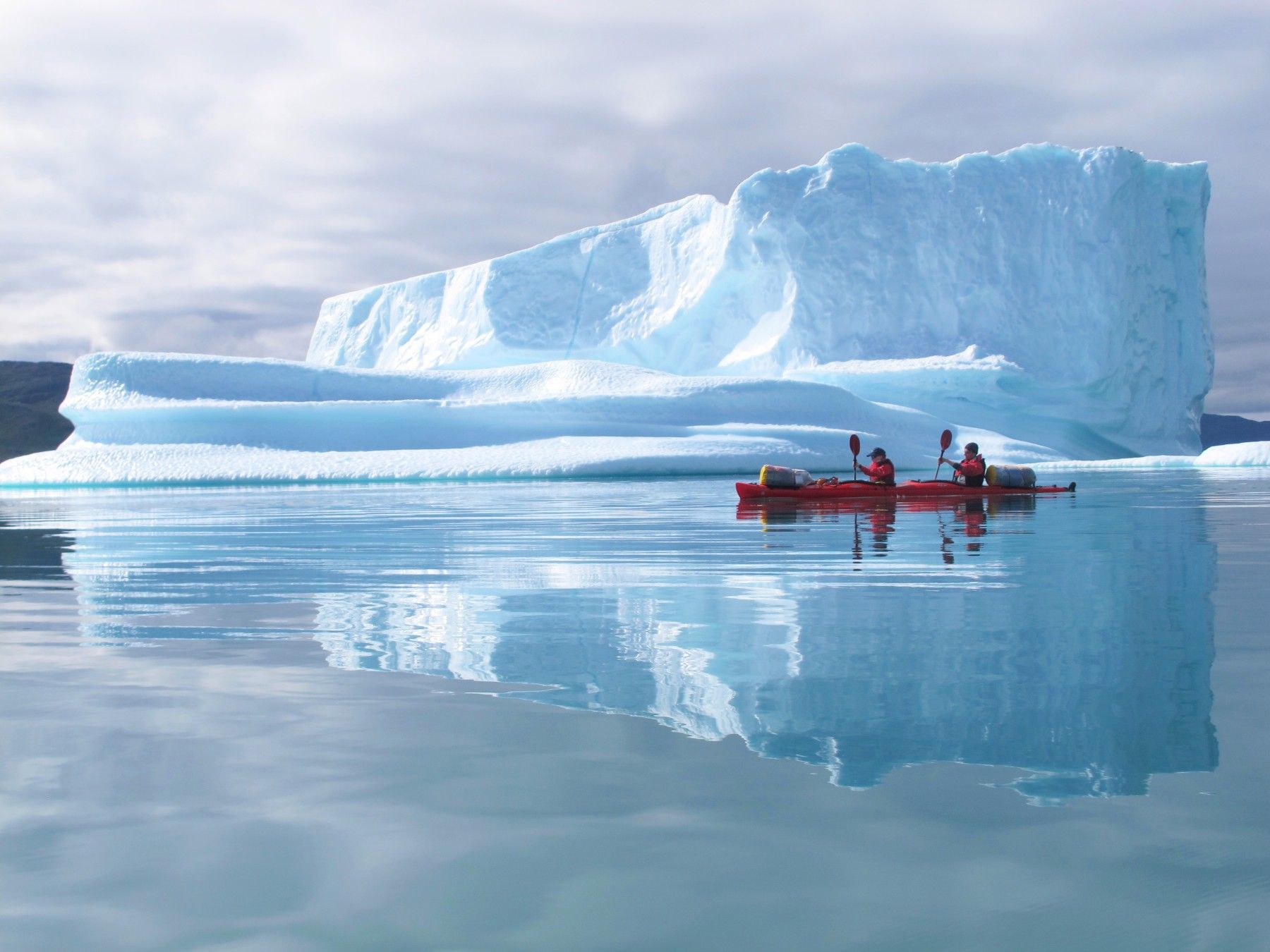
Ash’s job as an academic gives him some flexibility, but when you add in out-of-hours work (like writing papers and adventure travel articles) plus the time he spends planning adventures, you end up with many long days in front of the computer. Despite this, he would never give up his job to pursue adventure full time.
“You can go the beatnik dirtbag route and live a life of adventure,” he says. “But I have some tension scrolling through social media and seeing people 'van-lifing' and being full-time adventurers. They’re often young, single, and without responsibilities. They might do that for a period of time. Maybe for the rest of their lives.
I suppose I have that conventional mindset which many of us have. I want to have adventures but I also want to work
“But I suppose I have that conventional mindset which many of us have. I want to have adventures but I also want to work, so that I'm potentially able to have a property, a pension and all those things I might need later in life.”
Tim Moss, founder of The Next Challenge, was once a full-time adventurer, and his experience of it wasn’t quite as exciting as it sounds. For a start, it’s not a particularly lucrative profession.
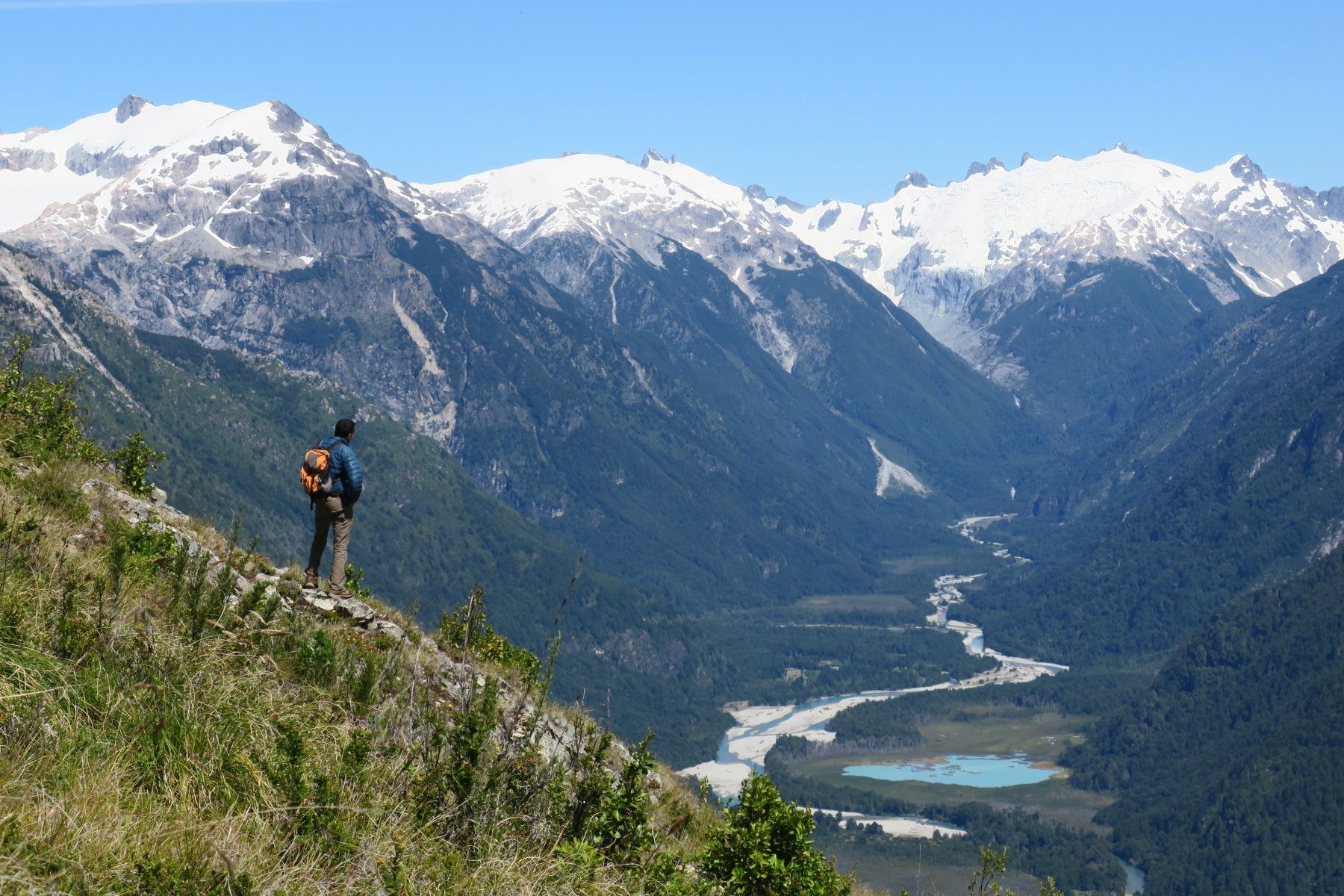
“It wasn’t that I couldn’t make money from adventure stuff, it was more that I didn’t like doing the things that made money,” he says. “I like expeditions, but I don’t particularly like running them for other people. I like writing books, but I hate promoting and selling them. I don’t mind giving talks, but I loathe cold-calling people to tell them what a brilliant speaker I am.”
“Not making much money was also not good for my self-esteem. Earning only a few thousand pounds a year affected me in ways I did not expect. Little things like having to avoid social occasions because I didn’t have the money to buy a drink, and only being able to do activities with my wife if she paid, made me feel pathetic.”
As an employee, my income doesn't drop if I go away. I have a set number of days leave so I don't feel the need to justify a trip
Tim found it hard to justify going off on an adventure when he wasn’t making much money (and besides, he rarely had the funds to do so). It affected his self-confidence and mental health so much that he decided to find full-time employment, and became qualified as a full-time accountant.
Since working a 9-5, he’s enjoyed a mix of microadventures and longer expeditions, both solo and with his wife Laura (a solicitor). They spent a month hiking across Patagonia in 2012, and took a week of annual leave to hike across Ibiza in 2016, for example. Becoming parents hasn’t slowed them down - in 2021 they spent five weeks cycling across Scotland with their (almost) one-year-old and toddler in tow. Shared parental leave was instrumental in facilitating this.
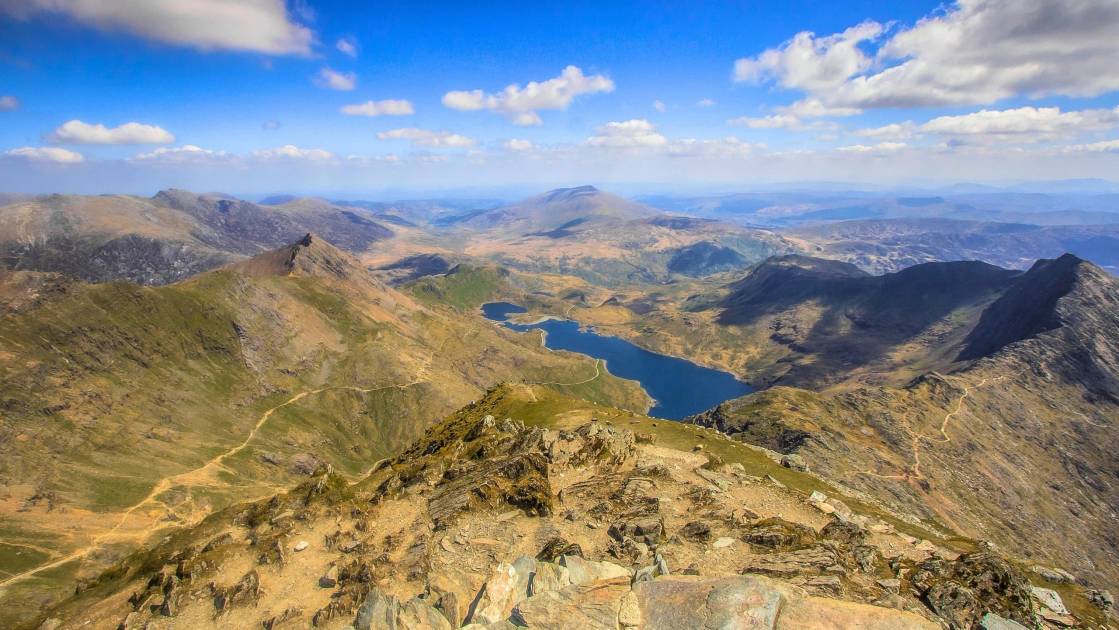
“As a self-employed person who didn't make much money, I found it hard to justify stopping work to go on adventures,” Tim says. “In contrast, as an employee, my income doesn't drop if I go away. I have a set number of days leave so I don't feel the need to justify a trip. It can be hard to get longer than two weeks sometimes. That said, my current employer (Outward Bound) added a clause to my contract encouraging me to ask for unpaid leave specifically for adventures.”
Finding Your Ideal Work-Life Balance
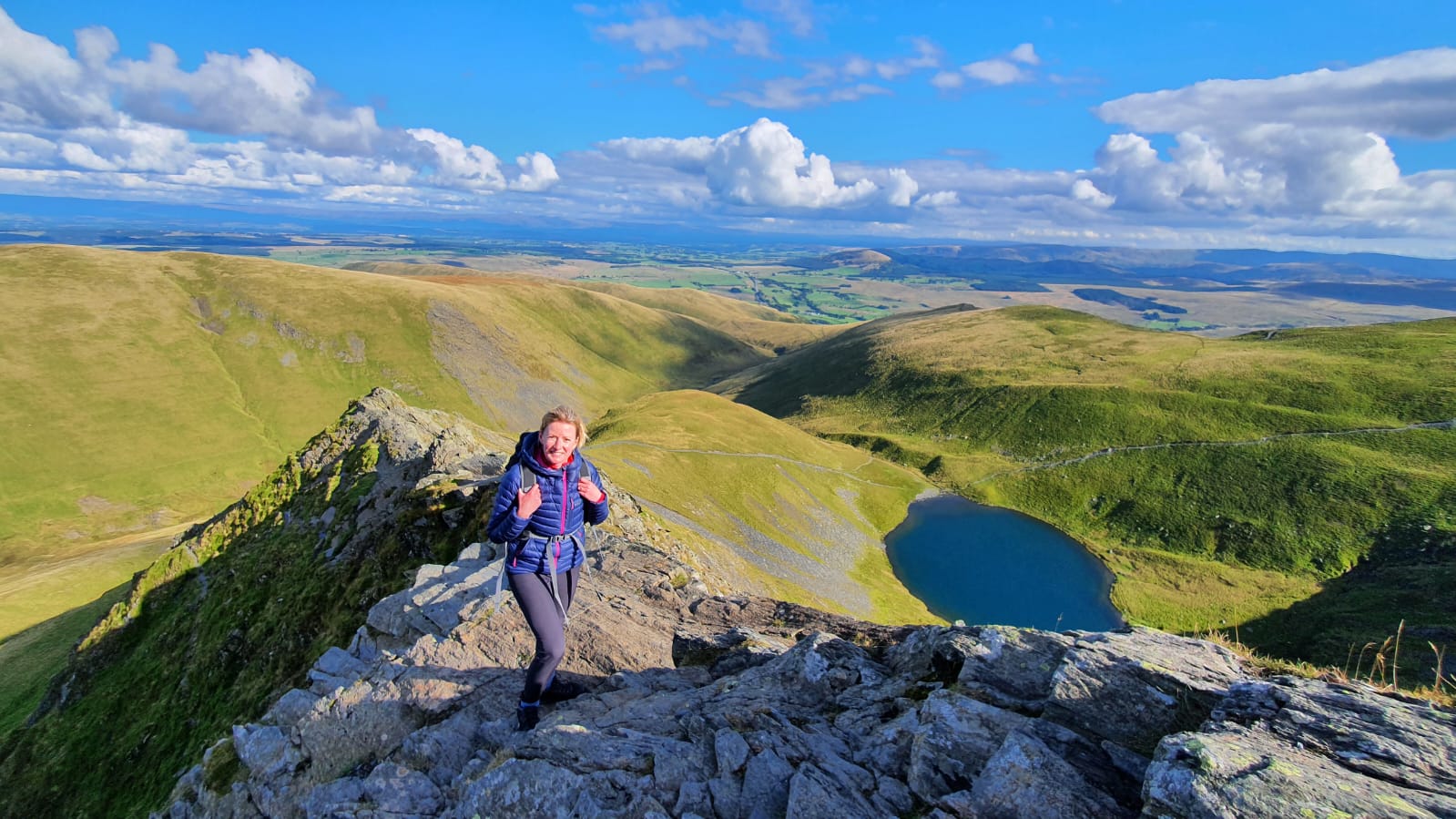
Finding more time to adventure when you have a busy day job is no mean feat. But Liv, Tim, Ash and Jo all found that letting more adventure into their lives has helped them re-evaluate their priorities and helped them find a healthier work-life balance.
“I value my job because it pays reasonably well and it gives me flexibility to go and travel. That wasn't why I chose it initially, but I invest enough time in it that I'm good at it, not that it takes over my life,” Ash says.
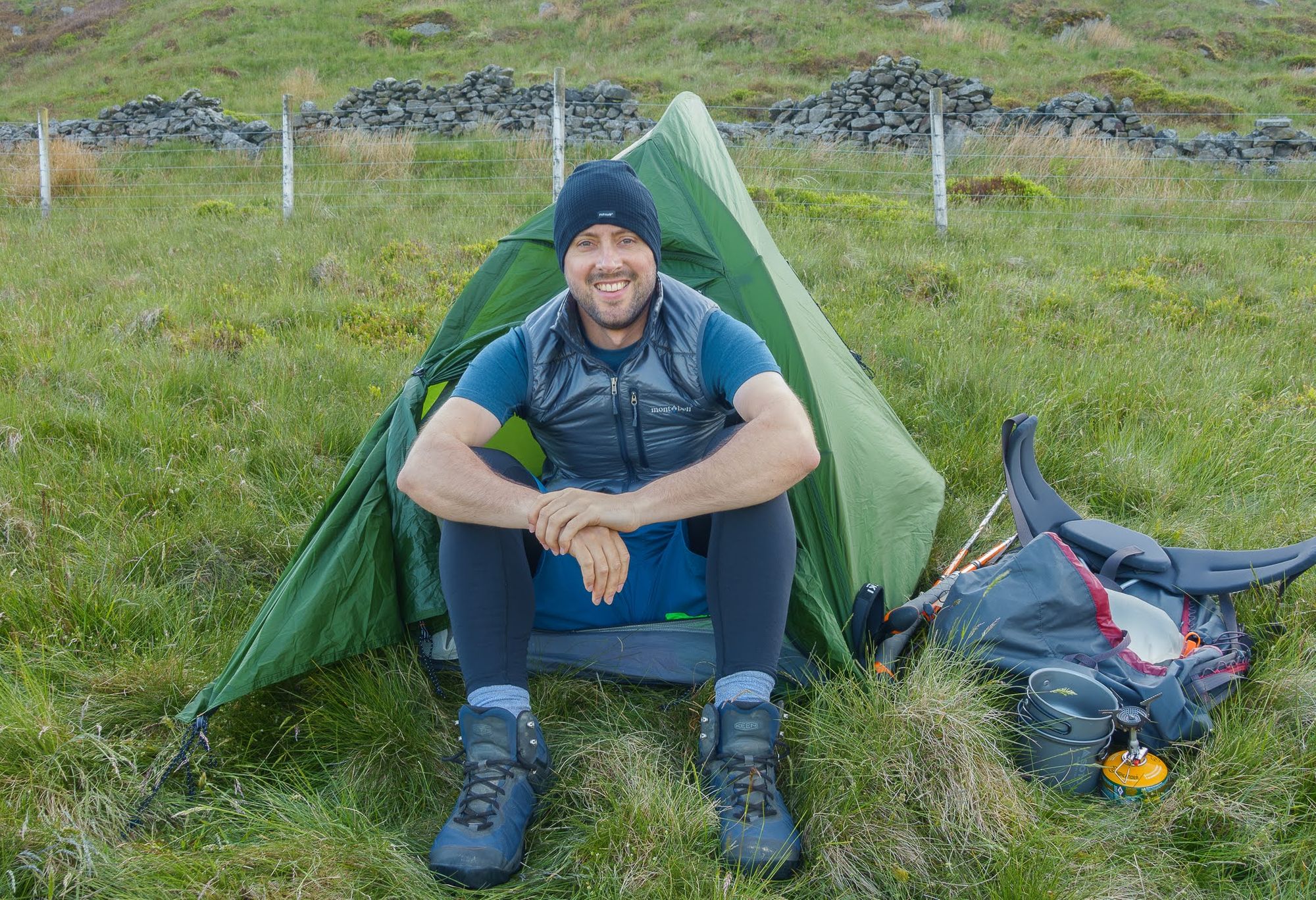
For Jo, it’s important to go at your own pace - especially since your work and caring commitments are likely to change throughout your life. At the moment, her sons having grown up, she finds herself with more time to adventure. But there are plenty of years when this hasn’t been the case.
“There will be years where I take a big leap, like writing a book or launching a podcast, and then there'll be years where I bed in and get a bit comfortable,” she says. “It's all about just doing it at your own pace and stretching yourself when you want to stretch yourself.”
Don't be too hard on yourself about it. You're not going to change things straight away. Just make a few moves and create a bit of time.
Liv, meanwhile, swapped the busy newsroom for a job as a digital producer for BBC Woman's Hour, which she loves. She moved from London to the Chiltern Hills, and commutes into the capital twice a week. She’s recently moved to a four-day work week, allowing her a day to work on her podcast and her upcoming book.
“I wouldn't say there's any one fix - it all depends on different people's circumstances,” she says. “Don't be too hard on yourself about it. You're not going to change things straight away. Just make a few moves and create a bit of time. Go on walks with friends. Talk about these things. And start making plans.”
- The Outdoors Fix: Stories to inspire you to make the outdoors a bigger part of your life (£19) is available to order from Bookshop.org
Inspired? Check out our epic weekend adventures, and our longer expeditions.


